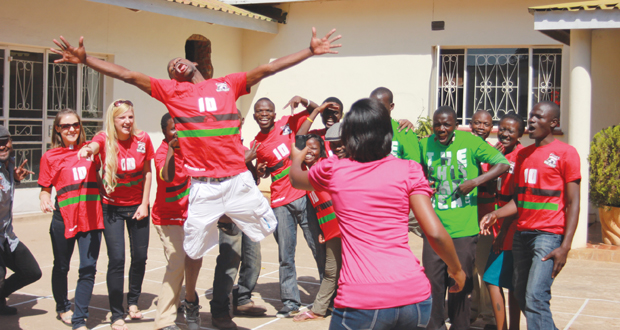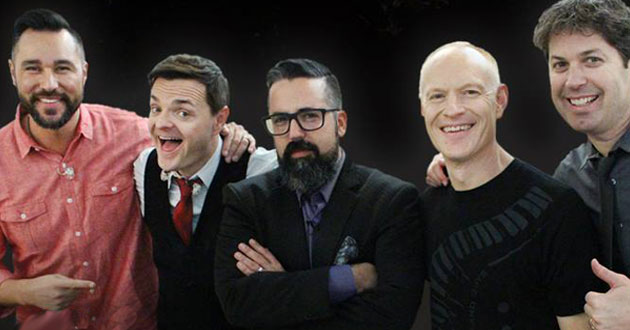Ministry leader transformed by his own project

Noel and Melissa Musicha knew God had a plan. They just weren’t privy to what it was, exactly. They knew that God was working in Malawi, He had called them to be part of it, and they had just committed to paying for a young man’s college education.
“We trust that He will show up,” Noel said at the time. “But, if this is You showing up by asking us to empty up our banking accounts, then so be it.”
Grace can sometimes be just a pretty little word but, if not used in the right context, it can also can elevate the grantor over the grantee. The Musichas, however, were focused on the messy kind of grace, the type that can overrun calendars and result in deep sacrifices of talents and money.
That’s the type of grace behind The Chisomo Idea, a ministry the couple founded in Noel Musicha’s native Malawi. Chisomo translates into the word grace.
“In a world where people are enticed by the idea of upward mobility, we make a case for downward mobility,” said Musicha, who lives in San Diego and attends Flood Church. “We think that Jesus’ message of radical love only works when we truly learn to consider others better than ourselves.”
Musicha admits he was on the precipice and about to fall into the same “grace” trap when he, his wife Melissa and a team from San Diego headed to Malawi to provide soccer clinics to poor neighborhoods. Their design was to “bring Jesus to the community.” Then he met Humphrey Mvula, a Malawian teen who loved soccer and exuded a joy that seemed absurd in the light of his impoverished lifestyle.
“Jesus is not only in charge of things that are visible, but He is also in charge of things that are invisible,” Musicha said, referring to Colossians 1:16. “So in that moment of saying what is it here that Humphrey sees that I don’t see? Why is he so resilient? Why is he so hopeful? Why is he able to mix his tears with laughter and joy so quickly? Why is that able to happen?
It was a transformational moment in which Musicha realized that the transformation business belonged to God, not to him.
“Once the conversation started it became so true that God was already there,” he said. “I wasn’t ‘bringing Jesus there.’ Jesus was already there. It was just opening up my eyes to the reality of what He had already been wading through. This is why the margins have been so important to me. For my wife and I, honestly, we refuse to dream dreams that don’t involve the poor.
“We want to unapologetically stand with the materially poor but not in the traditional provider/receiver sense. We want it to be about kinship, which is to say making sense of the fact that we all need each other and belong to each other.”
Ministry benefits the community
Although The Chisomo Idea is focused on Malawi, Musicha said he believes San Diego, where the ministry is headquartered, and other western cities also benefit when those who participate in short-term trips return to their local neighborhoods.
“One of the challenges we give to our western partners is that if they can trust the poor in our country, they can learn to trust the poor in their own country,” he said. “Our desire is that their time with us is a catalyst of what they can do in their own neighborhoods and communities here in the U.S. In other words, a tourist that comes to visit our work in Malawi is no different from a ‘missionary.’ The only difference is in what they do when they return.”
The mission field, Musicha said, is vast.
“We live in a broken world. A world dominated by poverty, disease, wars and issues of social injustice,” he said. “However, with those problems also comes an opportunity. A chance to stand against the wind of apathy and to live out the belief that all people are created equal.”




